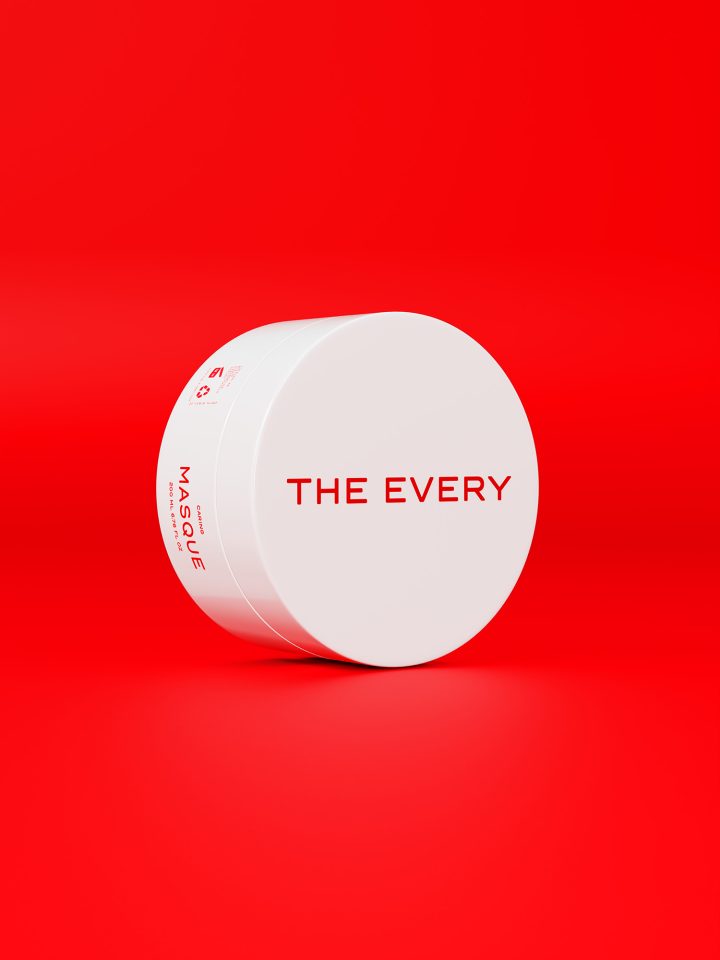Have you ever felt that your hair looks greasy just a few hours after washing it? You are not alone! Oily hair is a common problem that many of us struggle with daily. But don't worry, there are many ways to manage and prevent oily hair. In this guide, we will give you practical tips and advice on how to keep your hair fresh and oil-free for longer.
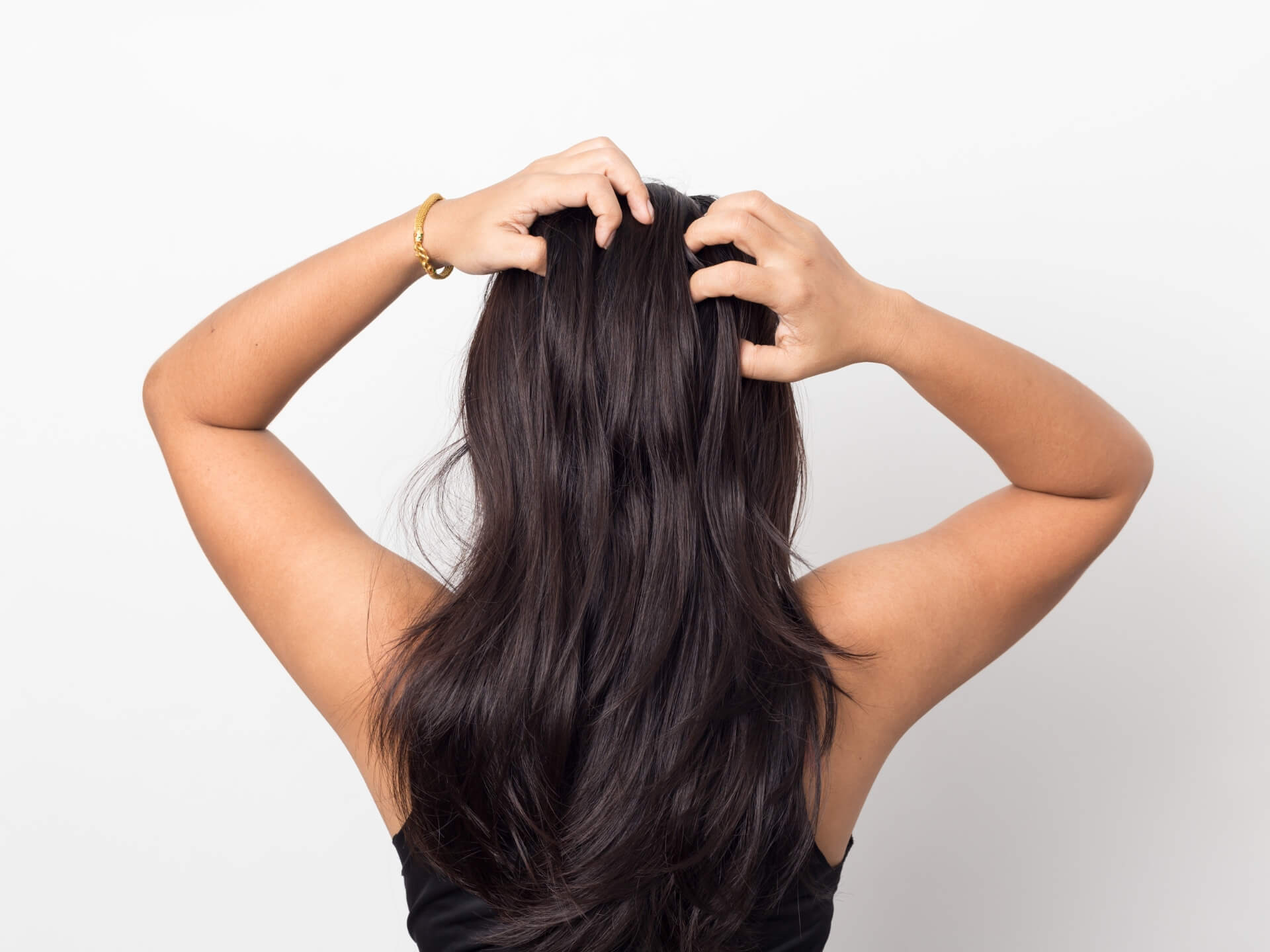
What causes oily hair?
To deal with oily hair, it is important to understand what causes it. Here are some common causes of oily hair:
- Overproduction of sebum: Your scalp naturally produces sebum (oil) to protect and moisturize your hair. But sometimes your scalp can produce too much sebum, making your hair look greasy. This can be due to hormones, genetics or certain health conditions.
- Genetics: If your parents have oily hair, it is likely that you will too. Genetic factors can affect how much sebum your sebaceous glands produce.
- Improper hair care routine: Using the wrong hair products, excessive washing or not washing your hair enough can contribute to oiliness. Using products that contain heavy oils or silicones can also cause build-up that makes hair greasy.
- Climate: Hot and humid weather can cause the scalp to produce more oil. High humidity can also contribute to hair feeling oilier faster.
- Stress and Lifestyle: High stress levels and an unhealthy lifestyle can affect hormone balance and lead to overproduction of sebum.
How to deal with oily hair
So what can you do to manage oily hair? Here are some tips that can help you keep your hair looking fresh for longer:
1. use the right shampoo
Choosing the right shampoo is crucial for dealing with oily hair. Invest in a shampoo that is specially formulated to tackle oiliness and cleanse the scalp effectively. Our Caring Shampoo is a great choice because it contains hyaluronic acid and avocado oil that moisturize the hair while keeping the scalp clean and healthy. It is also free from sulfates and parabens, which is important to avoid further scalp irritation.
2. Wash your hair the right way
How you wash your hair can affect how oily it gets. Here are some tips for an effective hair wash:
- Wash your hair every two days or every three days. Excessive washing can stimulate the scalp to produce more oil as a defense mechanism against dehydration.
- Use lukewarm water instead of hot water, as hot water can dry out the scalp and increase oil production. Cold water can also help close the cuticle of the hair, making the hair shinier.
- Gently massage the scalp with your fingertips to stimulate blood circulation and remove excess oil. Avoid using your nails, as this can irritate the scalp and lead to increased oil production.
3. avoid touching your hair
It can be tempting to run your fingers through your hair, but try to avoid it as much as possible. Touching your hair transfers oil from your hands to your hair, which can make it greasy faster. If you must touch your hair, try to do so with clean hands or use a brush instead.
4. use dry shampoo
Dry shampoo is a lifesaver for many people with oily hair. It helps absorb excess oil and refreshes hair between washes. The Invisible Dry Shampoo is perfect for all hair colors and adds volume while keeping hair fresh. Dry shampoo can also give your hair a lovely scent and texture, making it easier to style.
5. Rinse with apple cider vinegar
Apple cider vinegar is known for its cleansing properties and can help balance the pH of the scalp. Mix one part apple cider vinegar with four parts water and use as a rinse after shampooing. This can help reduce oiliness and give hair a nice shine. Rinse thoroughly with cold water afterwards to ensure all the vinegar is removed.
Products for oily hair
Choosing the right products is key to managing oily hair. Here are some of our recommended products:
- Caring Shampoo: Perfect for daily use and keeps the scalp clean and healthy. Contains moisturizing ingredients such as hyaluronic acid and avocado oil, while soothing the scalp with Piroctone Olamine.
- Invisible Dry Shampoo: A lifesaver to freshen up hair between washes. Adds volume and texture without leaving a white residue.
- Caring Conditioner: Moisturizes without weighing down the hair and helps keep the scalp in balance. Ideal for maintaining a healthy scalp and preventing overproduction of oil.
- Scalp Scrub: An exfoliating scrub that cleanses the scalp and reduces excess oil and product residue. Contains aloe vera and piroctone olamine to soothe and treat the scalp.
- Renewal Hair Oil: A light hair oil that adds shine without making hair greasy. Contains argan oil, oat kernel oil and rosehip oil to nourish and protect the hair.
How to create a hair care routine for oily hair
Having a regular hair care routine can help you manage oily hair more effectively. Here is a simple routine to follow:
- Morning: Start your day by using Invisible Dry Shampoo to freshen up your hair and give it volume. Spray the dry shampoo at the roots and massage it in with your fingertips. Then brush through your hair to distribute the product evenly.
- Wash your hair: Use Caring Shampoo every two or three days and follow up with Caring Conditioner. Shampoo your hair twice to ensure that all oil and product residues are removed. Use the conditioner mainly on the lengths, avoiding the scalp to prevent it from becoming too greasy.
- Weekly treatment: Once a week, use Scalp Scrub to exfoliate the scalp and remove excess oil and product residue. Gently massage the scrub into the scalp and rinse thoroughly. Follow up with a moisturizing treatment like ours Caring Masque to provide extra nourishment.
- As needed: Use to Renewal Hair Oil to add shine and reduce frizz without weighing it down. Apply a few drops of the oil to the lengths and ends after styling or when hair feels dry.
Frequently asked questions about oily hair
Q: How often should I wash oily hair?
A: It depends on your hair type and scalp, but a good rule is to wash your hair every two or three days. If you wash your hair too often, your scalp can become dehydrated and start producing even more oil as a compensatory mechanism.
Q: Can stress affect the oiliness of hair?
A: Yes, stress can affect hormone balance and thus increase oil production on the scalp. Managing stress through meditation, exercise and adequate sleep can help keep hormone balance in check and reduce oil production.
Q: Is it bad to use dry shampoo often?
A: No, dry shampoo is a great tool for managing oily hair, but it is important not to overuse it and to wash your hair regularly. Excessive use of dry shampoo can lead to a build-up of product residue on the scalp, which can cause irritation and block hair follicles.
Q: Can diet affect how oily my hair gets?
A: Yes, a diet rich in fatty foods can increase oil production on the scalp. Try to eat a balanced diet with plenty of fruit and vegetables, and drink enough water to keep your body and scalp hydrated. Omega-3 fatty acids, found in fish and flaxseeds, can also help balance oil production.
Q: Is it good to use conditioner if I have oily hair?
A: Yes, but choose a light conditioner that Caring Conditioner that moisturizes without weighing down the hair. Apply the conditioner to the lengths and avoid putting it directly on the scalp to prevent it from becoming too greasy.

Caring Shampoo Gentle sulfate-free moisturizing shampoo 26,00 € - available on subscription from every 7 weeks
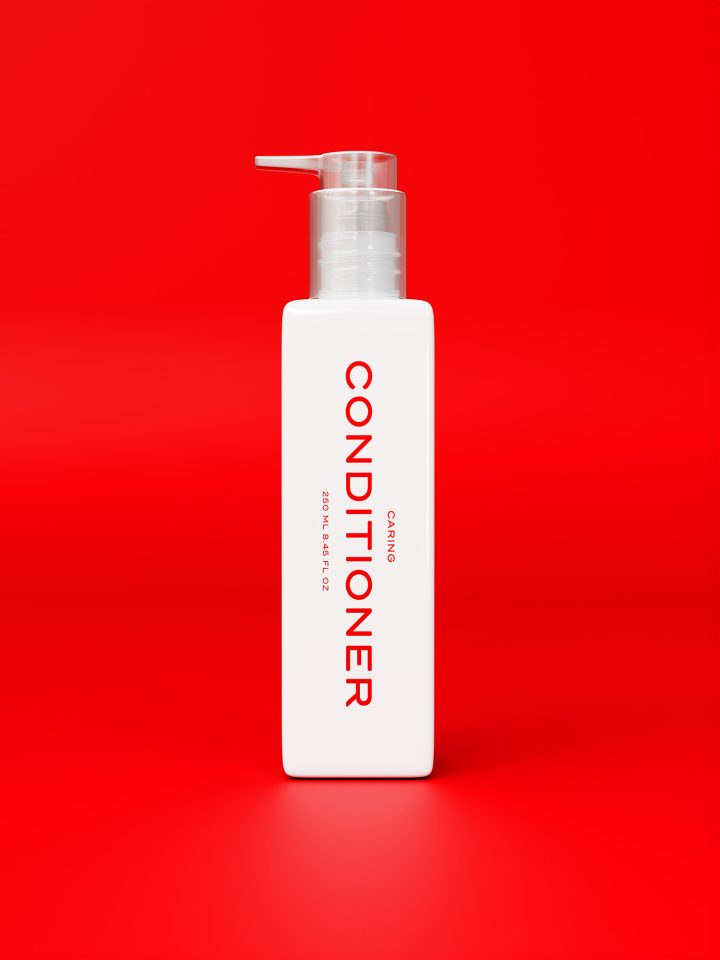
Caring Conditioner Gentle sulfate-free moisturizing conditioner 26,00 € - available on subscription from every 7 weeks

Invisible Dry Shampoo Fresh hair instantly without product residue 27,00 € - available on subscription from every 10 weeks
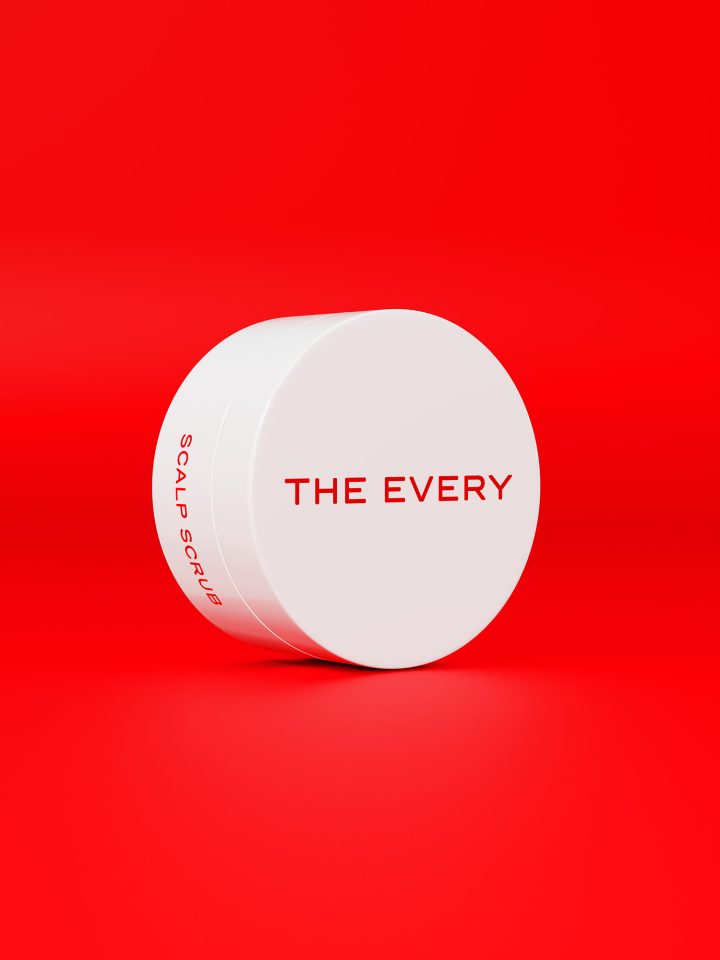
Scalp Scrub Balancing exfoliating scalp scrub 39,50 € - available on subscription from every 10 weeks
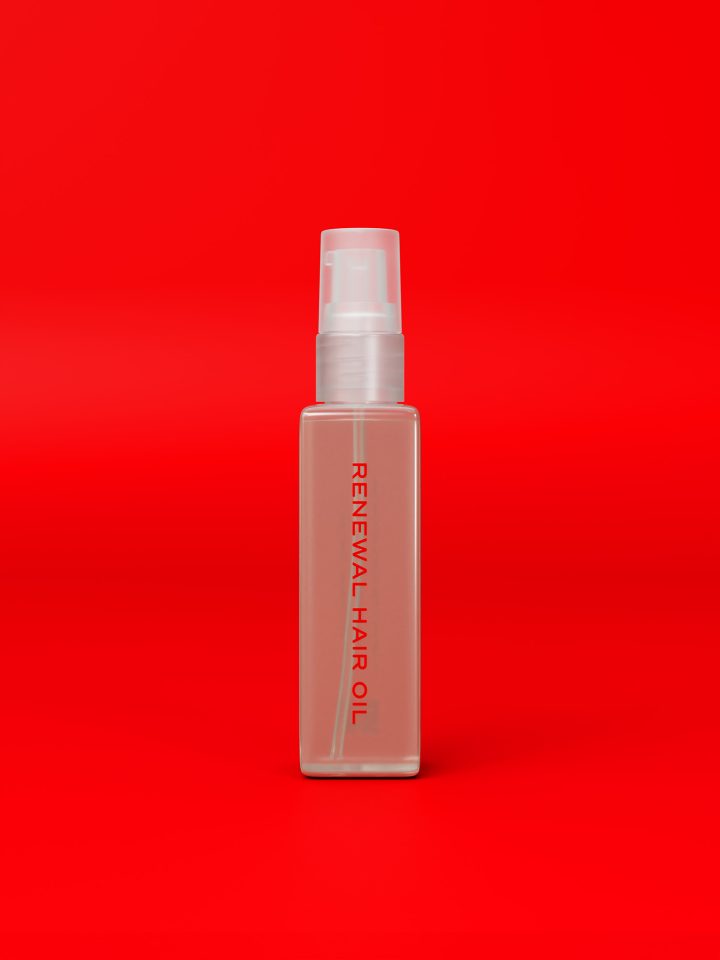
Renewal Hair Oil Nourishing & shine-giving hair oil 45,00 € - available on subscription from every 7 weeks
